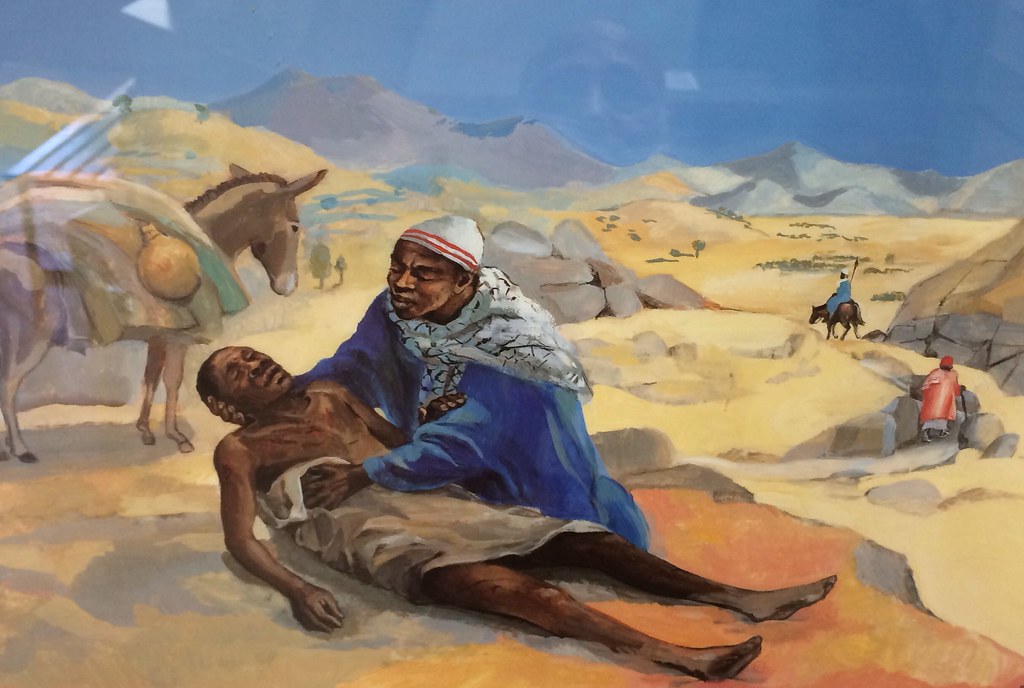The Samaritan and the Victim: Questions from Three Perspectives
We are familiar with the Parable of the Good Samaritan in Luke 10:25-37. In fact, the parable permeates modern civilization. There are hospitals with that name. Also “Good Samaritan” laws protect those who help others in danger. But the parable is a story told in different perspectives. We can observe three questions that arise out of the parable.
Who is my neighbor?
But wanting to vindicate himself, he asked Jesus, “And who is my neighbor?” (Luke 10:29)
The lawyer asked Jesus a follow-up question to his original one ("What must I do to inherit eternal life?" Lk 10:25), maybe to save face or justify himself after that brief but sharp conversation with Jesus. It's a very genuine and human response; to have heard what is simply needed but still require the extra clarification. Of course, the lawyer of the Torah cannot ask for clarification on the first part of the answer: "You shall love the Lord your God with all your heart..." That would be most shameful for someone who claims to be an expert in matters of the divine laws of God. Yet at the same time, prodding Jesus to explain the second part (i.e. "Who is my neighbor?") is not really too different. Both are two sides of the same coin. As the Apostle John wrote: Those who say, “I love God,” and hate a brother or sister are liars, for those who do not love a brother or sister, whom they have seen, cannot love God, whom they have not seen. (1 John 4:20). [The passage from Apostle John's letter was coincidently the second lesson from last Sunday.]
But who is my neighbor? Although laid out by Jesus Christ in the parable, we may be unsure of the meaning of the term. It is not easy to go out of our way like the Samaritan did. He took time from his busy schedule and willingly took out of his finances. To tell the innkeeper, "Take care of him, and when I come back I will repay you whatever more you spend" (Lk 10:35) is nothing short of giving him a blank check. What if the victim dies and the innkeeper must bury the body? The Samaritan most surely would have responded, "I will pay. Don't worry about it." Still, we don't know who is my neighbor. Maybe because that question can only be answered by someone in need of the neighbor. The lawyer would not easily see who it was.
Maybe by returning to the story, we can find out who is the neighbor? Different people pass by the wounded man. Is the neighbor among them? Maybe the question, "Who is my neighbor?," points to a deeper existential or spiritual question. In the next section, we will probe the question, "Who needs a neighbor?" For that, we have to see things from the perspective of the wounded man.
Read the second part here:
The Samaritan and the Victim (Part 2)
[Photo Credit: tim kubacki; https://www.flickr.com/photos/timkubacki/10724062065]
